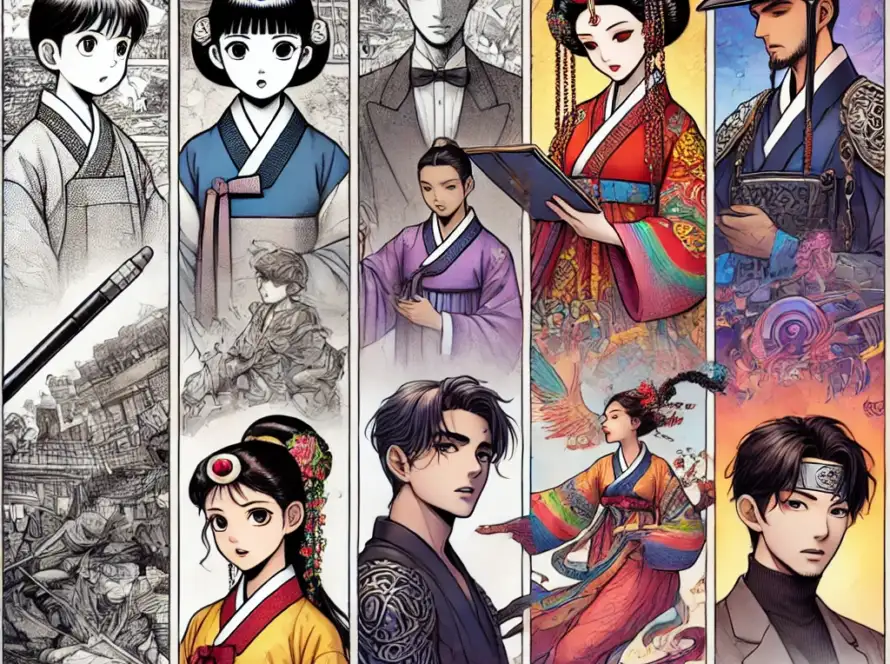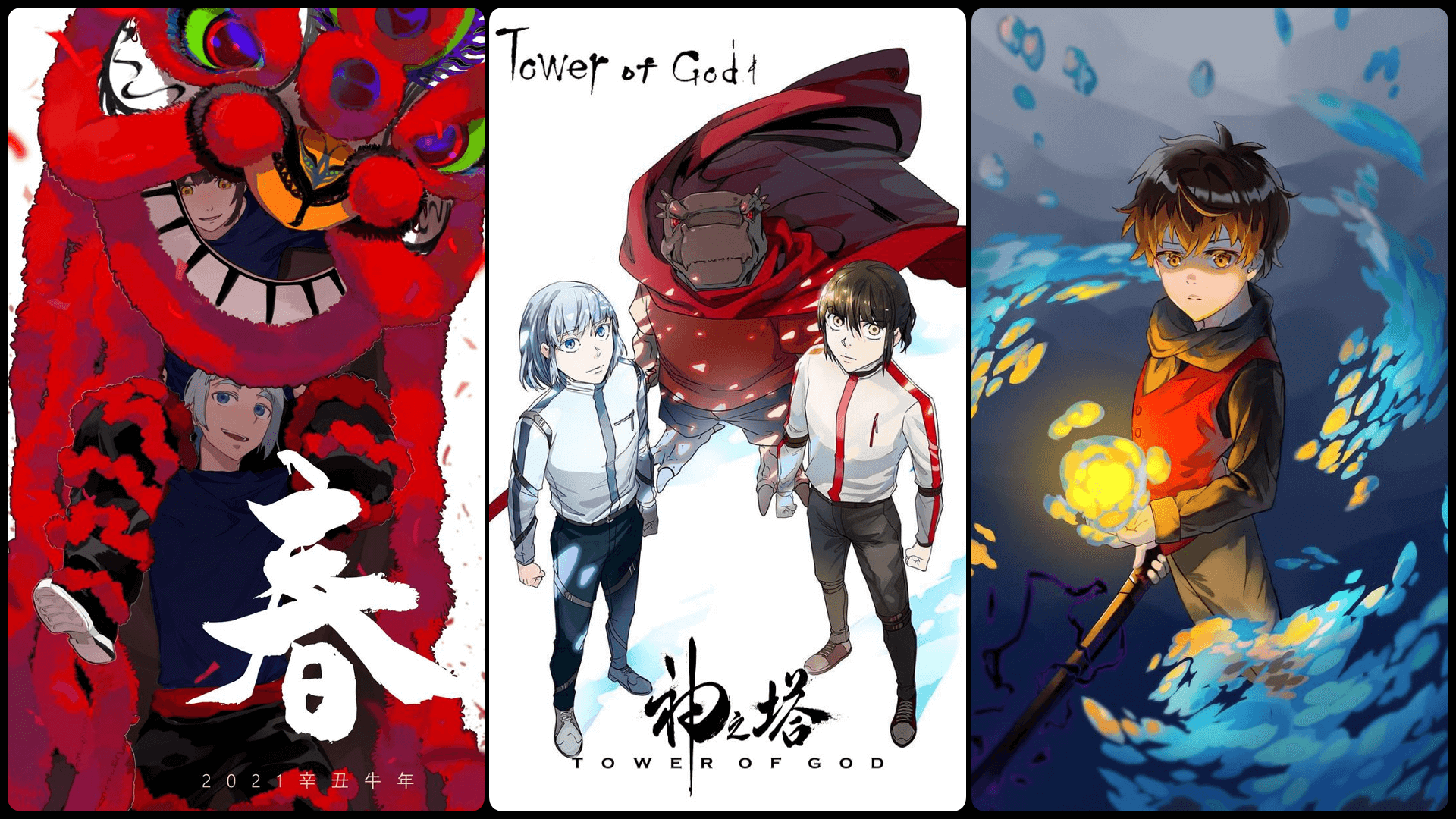Manhwa, the vibrant art form of Korean comics, has transcended its national boundaries to become a global cultural phenomenon. With its visually stunning artwork, innovative storytelling techniques, and rich cultural narratives, Manhwa Global Influence has reshaped entertainment and pop culture across the world. From web-based platforms to television adaptations, manhwa is becoming an essential part of modern entertainment.
In this detailed exploration, we’ll uncover the origins of manhwa, its rise in popularity, and its profound impact on global pop culture. Additionally, we’ll examine how manhwa inspires other media, connects cultures, and continues to shape the future of entertainment.
What Is Manhwa?
Manhwa refers to comics and graphic novels originating in South Korea. Like its Japanese counterpart, manga, and Western comics, manhwa features serialized storytelling and rich visual artistry. However, it stands apart with its unique artistic style, cultural nuances, and themes that reflect Korean society.
Traditionally published in print, manhwa has embraced digital transformation, finding its place on platforms like Webtoon and KakaoPage. The mobile-optimized vertical scroll format of digital manhwa has made it incredibly accessible and user-friendly, further fueling its international appeal.
The Evolution of Manhwa in Pop Culture
1. Early Beginnings
The history of manhwa dates back to the early 20th century when it was influenced by Japanese manga and Western comics during Korea’s occupation and subsequent liberation. Early manhwa focused on local social and political themes, reflecting the challenges of a rapidly modernizing society.
2. The Digital Age
The advent of smartphones and mobile internet marked a turning point for manhwa. Platforms like Webtoon revolutionized the way manhwa was consumed, offering free access and serialized episodes that kept readers eagerly awaiting the next update. This innovation made manhwa more accessible to younger, tech-savvy audiences worldwide.
3. International Breakthrough
Manhwa gained global recognition with titles like “Tower of God” and “Solo Leveling”, which captured international audiences with their epic storytelling and breathtaking visuals. These works have been translated into multiple languages, introducing non-Korean readers to the world of manhwa.
Dive deeper into one of the most iconic series by reading our Tower of God Webtoon Review.
Manhwa’s Global Influence on Entertainment
1. Revolutionizing Storytelling
Manhwa combines traditional comic storytelling with modern digital tools, offering a seamless reading experience. The vertical scrolling format allows creators to experiment with pacing, visuals, and cliffhangers, making each episode engaging and addictive.
Manhwa also explores a wide range of genres, from romance and fantasy to action and psychological thrillers. This versatility has inspired global creators, influencing storytelling in other forms of media.
2. Impact on Adaptations
Manhwa’s engaging narratives and visual appeal have made it a prime source of inspiration for adaptations into TV shows, movies, and even video games. For example:
- “Doom Breaker” is a fan-favorite series that blends action and mythology, showcasing the potential for cinematic or animated adaptations.
- “Sweet Home”, originally a manhwa, was adapted into a successful Netflix series that garnered global acclaim.
Curious about the gripping narrative of Doom Breaker? Read our Doom Breaker Manhwa Review for insights into its storyline and global appeal.
3. Bridging Cultures
Manhwa serves as a cultural ambassador, introducing readers to Korean customs, values, and folklore. Its storytelling often incorporates traditional Korean myths and historical elements, offering international audiences a glimpse into Korea’s rich heritage. This cultural exchange has enriched global pop culture, fostering a deeper appreciation for diverse narratives.
4. Expanding Representation
Manhwa often features diverse characters and themes, tackling issues like mental health, gender dynamics, and LGBTQ+ relationships. This progressive approach has resonated with audiences worldwide, making manhwa a trailblazer in inclusive storytelling.
Why Is Manhwa So Popular Worldwide?
1. Accessibility and Affordability
Digital platforms like Webtoon, Tapas, and Lezhin Comics offer free access to thousands of manhwa titles. This affordability, combined with the convenience of mobile reading, has made manhwa a go-to entertainment choice for global audiences.
2. Stunning Artwork
Manhwa is known for its visually stunning artwork. The detailed character designs, dynamic action scenes, and vibrant color palettes elevate the reading experience, drawing in fans who value both art and narrative.
3. Interactive Communities
Digital platforms encourage interaction through comment sections, allowing readers to discuss episodes, share fan theories, and connect with creators. This sense of community has fostered loyalty and engagement among fans.
4. Diverse Genres and Themes
Whether you love epic fantasy, heartfelt romance, or gritty action, there’s a manhwa for everyone. Popular genres like fantasy and isekai (otherworldly adventures) continue to attract fans, with titles like “Elite: The Beginning After the End” redefining storytelling in these categories.
Want to explore a standout fantasy series? Check out our Elite: The Beginning After the End Manhwa Review for an in-depth look.
The Future of Manhwa in Entertainment
Manhwa’s future is bright, with several trends signaling its continued growth and influence:
- Technological Integration: Augmented reality (AR) and virtual reality (VR) are expected to bring new dimensions to manhwa storytelling.
- More Adaptations: With the success of manhwa-inspired adaptations, streaming platforms like Netflix are likely to invest further in turning popular series into TV shows or movies.
- Global Collaborations: As manhwa gains popularity, collaborations between Korean creators and international artists are expected to rise, fostering innovative storytelling.
Manhwa vs. Manga and Western Comics
While manhwa shares similarities with manga and Western comics, its distinct characteristics set it apart:
- Format: Manhwa’s vertical scrolling layout is optimized for digital devices, unlike the panel-based designs of manga and Western comics.
- Themes: Manhwa often reflects contemporary Korean society, offering narratives grounded in reality alongside fantasy.
- Distribution: Digital platforms have made manhwa more accessible than print-heavy manga or comics, contributing to its rapid global growth.
Conclusion of Manhwa Global Influence
Manhwa has evolved from a national treasure to a global cultural force, reshaping entertainment and storytelling. Its impact on pop culture, innovative narratives, and ability to bridge cultural gaps have made it an essential part of modern entertainment.
From adaptations to progressive storytelling, Manhwa Global Influence continues to grow, inspiring fans and creators worldwide. Whether you’re a long-time reader or a newcomer, diving into the world of manhwa is a journey worth taking.


